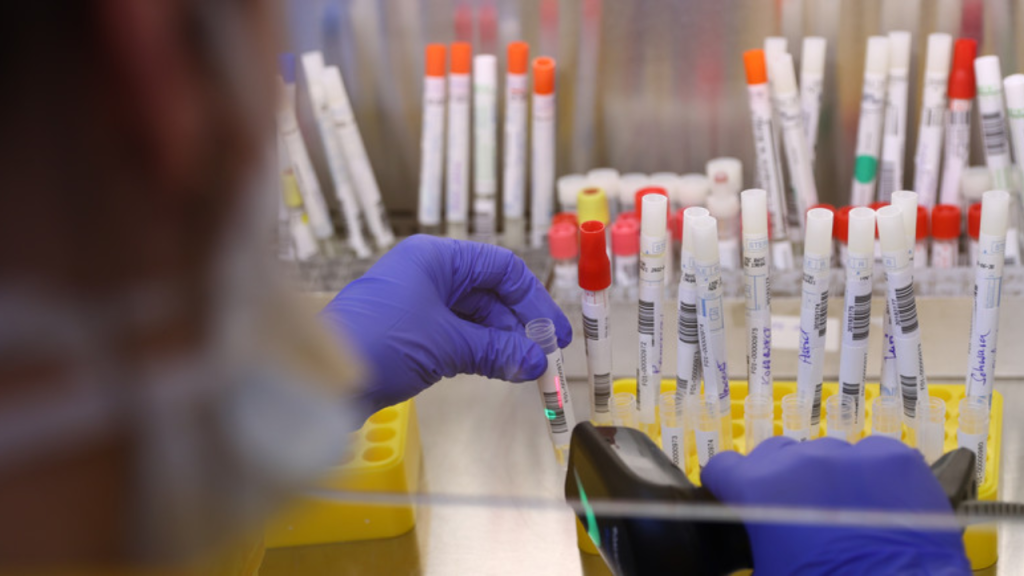Historically, Colorado’s dry elevation made it a destination for those suffering from tuberculosis (TB), offering symptom relief. However, recent data indicates a resurgence of this deadly infectious disease within the state. Notably, Colorado, still grappling with the COVID-19 pandemic’s aftermath, is witnessing an alarming increase in TB cases.
The Resurgence of an Old Threat
Tuberculosis, often associated with the past, remains a present-day health challenge in Colorado. The state, which had seen a decade-long decline in TB cases, experienced a significant spike from 2022 to 2023. UC Health reports nearly a 60% increase in TB cases during this period, escalating from 57 cases in 2022 to 80 cases by December 2023, including two fatalities.
- CDPHE reports that in 2022, Colorado had 57 cases of TB.
- CDPHE reports that by December of 2023, there were 80 cases; two deaths.
Why the Sudden Increase?
Several factors contribute to the rise of TB cases in Colorado. The similarity of TB symptoms, like a persistent cough, to other illnesses often leads to misdiagnosis or delayed treatment. Additionally, the COVID-19 pandemic caused reluctance to seek medical attention, further complicating early detection and treatment of TB.
Tuberculosis is the deadliest infectious disease in the world, and cases are on the rise in Colorado: https://t.co/iDiCPnImk9
— VALIDATE Network (@NetworkValidate) November 24, 2023
Read More: A strange dog illness is spreading across the US. Here’s what pet owners need to know.
The Dangers of Untreated Tuberculosis
TB primarily attacks the lungs and can be severely detrimental if left untreated. UC Health highlights the disease’s potential to destroy lung tissue and cause appetite loss due to the chemicals produced by the TB bacteria. This can lead to significant weight loss and overall deterioration of health.
Key Symptoms of Tuberculosis
- Persistent Cough.
- Low-Grade Fever.
- Unintended Weight-Loss.
- Coughing Up Blood.
- Night Sweats.
Awareness of TB symptoms is crucial for early detection and prevention of its spread. Key symptoms include persistent cough, low-grade fever, unintended weight loss, coughing up blood, and night sweats. It’s essential to note that many TB carriers may not realize they have the disease, thus unintentionally contributing to its spread as “super-spreaders”.

Read More: Ohio First U.S State to Report Children’s ‘White Lung Syndrome’ Cases!
Conclusion
The resurgence of tuberculosis in Colorado serves as a reminder of the ongoing battle against infectious diseases, even those perceived as historical. Vigilance, early detection, and appropriate medical intervention are vital to curbing this rising threat.

